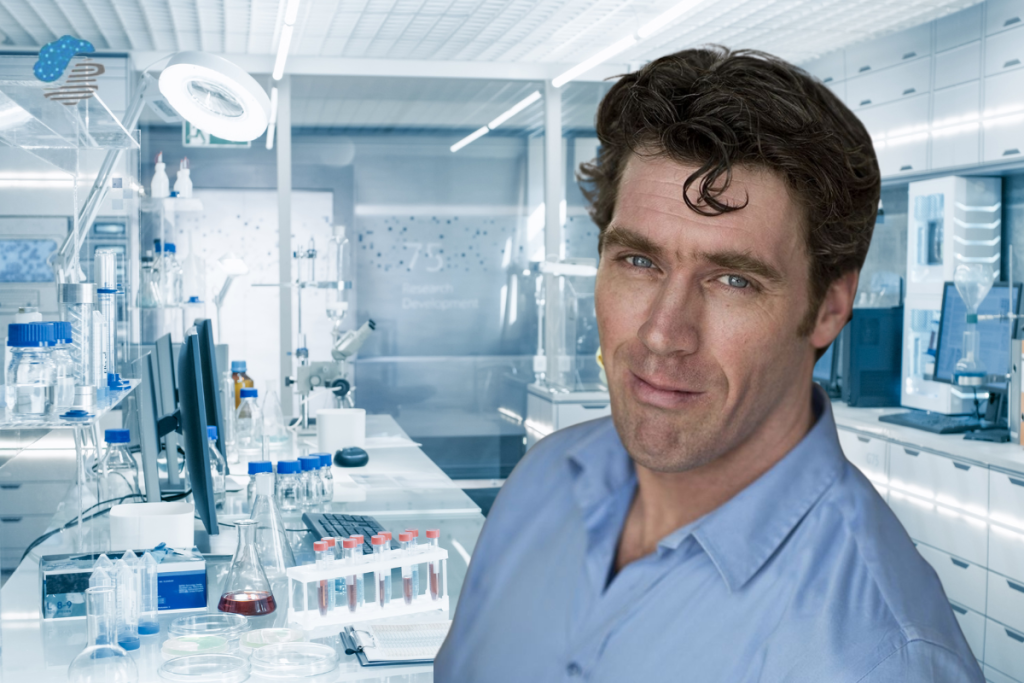Wouter de Jonge's Gut-research lab
We are dedicated to uncovering the mechanisms behind gastrointestinal diseases and transforming research into personalized treatments. At the forefront of innovation, we combine cutting-edge science with a commitment to improving patient care.

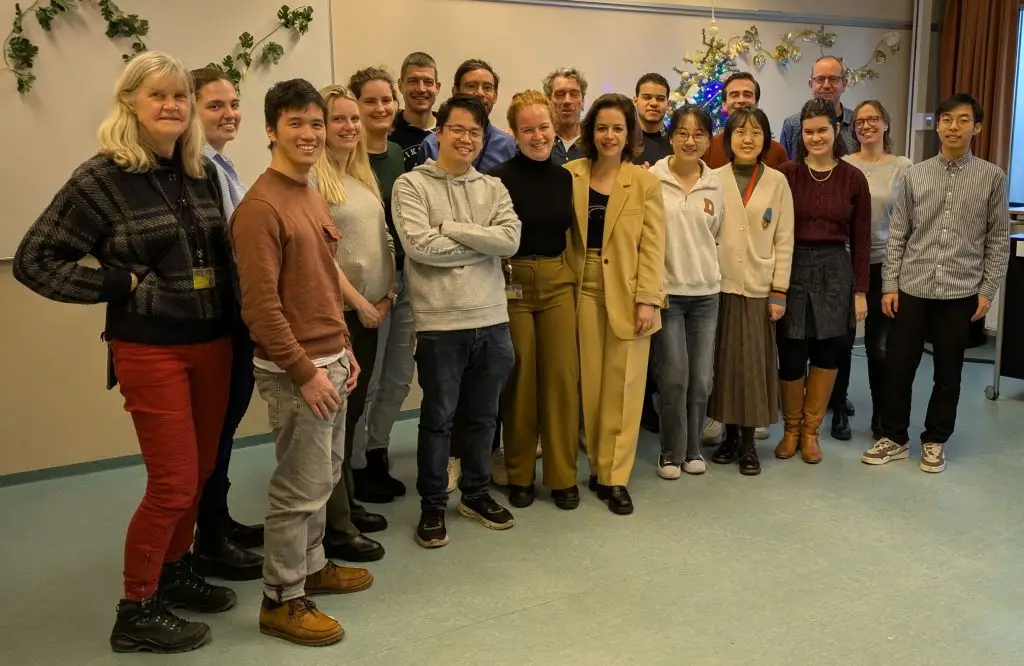


Research areas
Cutting-edge Gut health research areas
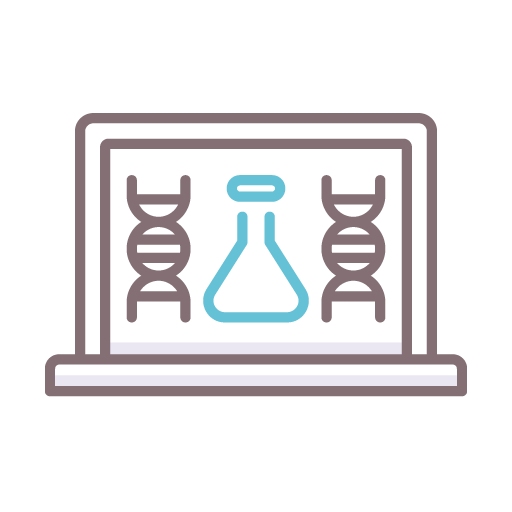
Intestinal microbiota and health
We study the complex interactions between the microbiota and the human body in the context of human intestinal disease, in collaboration with Micrbiota Center Amsterdam facilities. Our research focuses on how these microorganisms influence gut health, immunity, and overall well-being. By studying the microbiome’s role in diseases such as inflammatory bowel disease and cancer, we aim to develop innovative treatments that restore and maintain a healthy gut ecosystem.
We have co-founded the Amsterdam Microbiome Center (see here); analysing how microbiome research host interactions that affect gut epithelial barriers and immunity,.

Inflammatory Bowel Disease
Pathogenesis and personalised treatment of Inflammatory Bowel Diseases (IBD), utilizing translational research and clinical trial analyses, including advanced techniques like single-cell sequencing and Mass Cytometry.
See more about the IBD center here

Post-operative care after colon surgery
Preclinical and clinical research in surgical complications, wound healing, and anastomotic healing. Anastomotic leakage (AL) is a dreaded complication after colorectal surgery. Unravelling the early processes underlying anastomotic healing (AH) is crucial to understand the pathophysiology of AL and thereby reduce the high morbidity and mortality rates. Our aim is to understand wound healing and its morphological, cellular and intrinsic molecular changes in the anastomotic tissue.
Read more about it here

Intestinal health for the newborn
Early life nutrition to prevent disease: Breast milk protects newborns from infections and reduces obesity and diabetes risks later in life. When breastfeeding isn’t possible, infant formula is recommended, though it lacks breast milk’s protective effects. Understanding these benefits is crucial, especially for vulnerable neonates and preterm infants. We study these mechanisms to improve infant health.
Read more about the kinderbuikcentrum here. And read about the Emma Center here.
About us
About Gut-Research
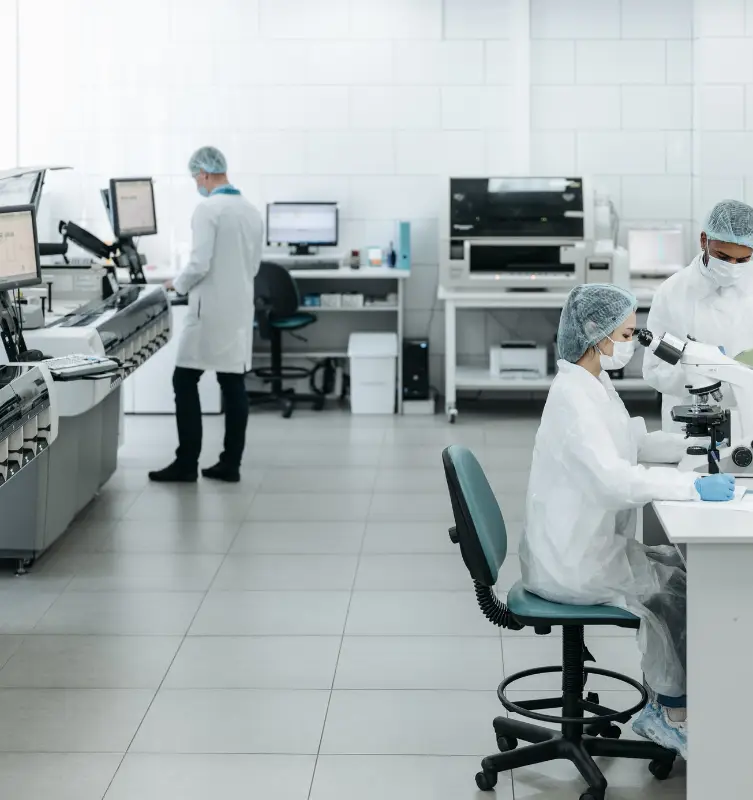
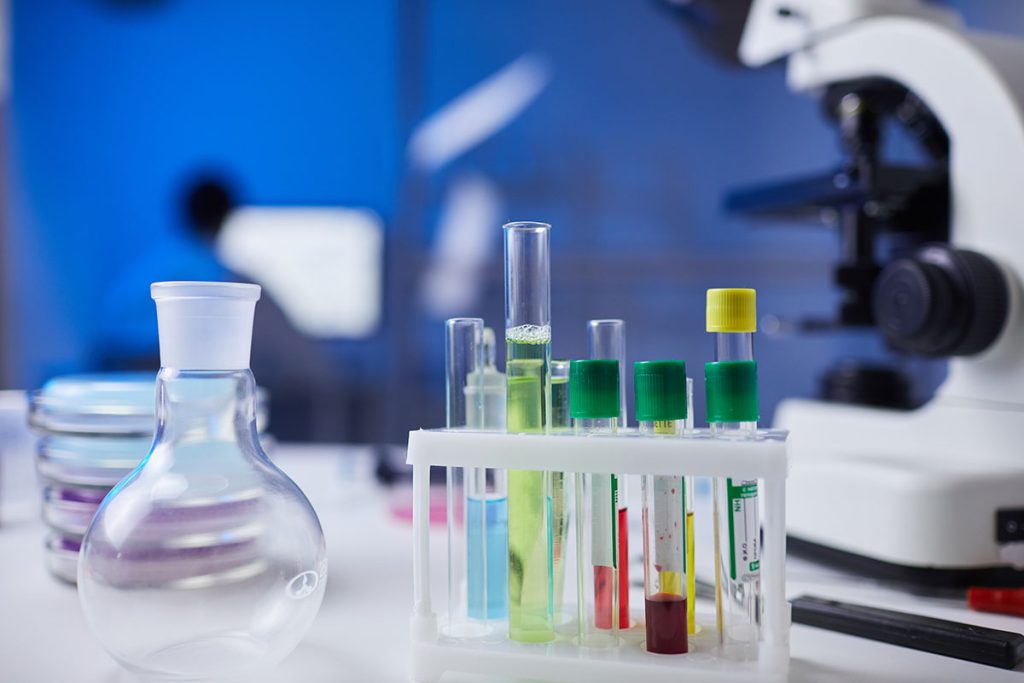



At Gut-Research, we are dedicated to advancing the understanding of gut health and gastrointestinal diseases through cutting-edge research and collaboration. Our team of experts combines innovative techniques, state-of-the-art technology, and a multidisciplinary approach to tackle pressing challenges in gut health.
Key areas
- Gut Microbiota Research
- Inflammatory Bowel Disease (IBD)
- Neonatal Gut Health
- Advanced Sequencing & Bioinformatics
- Probiotics & Nutritional Interventions
- EU-Funded Collaborations
Ongoing projects
Projects by gut-research
We are actively involved in a diverse range of projects that push the boundaries of gut health research. From studying biomarkers for inflammatory bowel disease (IBD) to exploring neonatal nutrition and probiotics for surgical recovery, our work aims to translate science into impactful solutions.
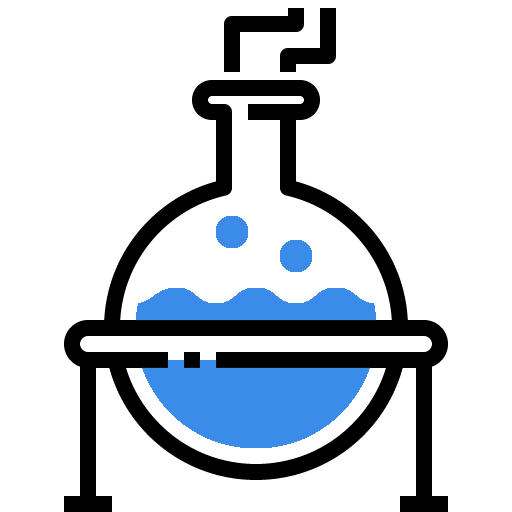
GROWTH 2020–2024
Metaryl is an EU JPI funded project that aims to study how the nutritional component tryptophane affects wound healing and infection in diabetes. First, we study how tryptophan metabolites affect the development of wound infections. Second, we determine how inflammation of the fat tissue in the abdomen plays a role in the development of type 2 diabetes.
The GROWTH program, part of the European Industrial Doctorates (EID), involves 10 PhD students developing biomarkers and personalized nutritional interventions for intestinal failure in neonates and preterm infants. By working with both academic and non-academic partners, the program bridges the gap between research and clinical applications. Utilizing over 17,000 fecal samples from premature infants, GROWTH aims to improve early intestinal development and reduce neonatal health risks.
Gut-research
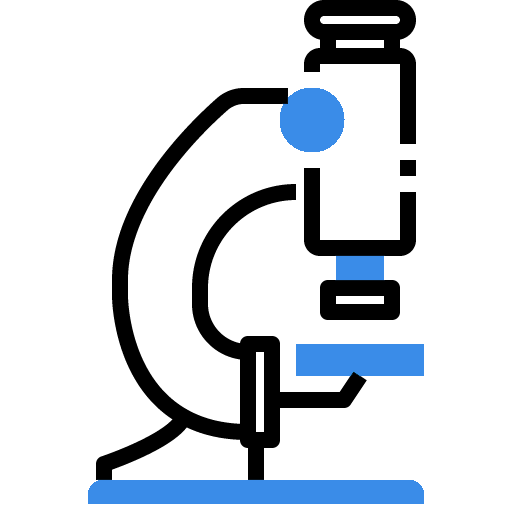
Biomarker Development and Epigenetics in Gut Inflammation
This project focuses on the development of biomarkers and understanding the epigenetic mechanisms that drive cell differentiation during gut inflammation. By studying these processes, the research aims to improve diagnostics and therapeutic strategies for inflammatory gut diseases.
Mohammed Ghiboub

Complications in Crohn's Disease: Fistulae Research
Led by Isabelle van Thiel, this project focuses on identifying biomarker profiles to predict treatment responses in patients with perianal fistulizing Crohn's disease. By developing a precision medicine approach, the research aims to improve treatment outcomes and quality of life for those affected by this severe complication.
Isabelle van Thiel

Gut-Brain Interactions and Neuroinflammation in GI Diseases
This research examines the complex interactions between the gut and brain, focusing on neuroinflammation in conditions such as IBD, Irritable Bowel Syndrome (IBS), and motility disorders. In collaboration with Galvani Bioelectronics, this project aims to deepen our understanding of these interactions to improve treatments.
Gut-research

METARYL 2023–2027
Metaryl is an EU JPI funded project that aims to study how the nutritional component tryptophane affects wound healing and infection in diabetes. First, we study how tryptophan metabolites affect the development of wound infections. Second, we determine how inflammation of the fat tissue in the abdomen plays a role in the development of type 2 diabetes. Third, we will test dietary interventions in this process to help people cope with this problem. METARYL partners with professor Sven Wehner, University of Bonn, and Harry Sokol from Sorbonne University in Paris, France.
Rene van den Wijngaard

Anastomotic leakage (AL)
Anastomotic leakage (AL) is a serious complication following colorectal surgery. This study aims to assess AL by investigating the morphological, cellular, and molecular changes in anastomotic tissue, with the goal of improving patient outcomes. Supported by ZonMW.
Gut-research

Micropial: Wound Healing and Probiotics
Led by Bruno Sovran, the MICROPIAL project investigates how probiotics influence wound healing and anastomosis following cancer surgery. Funded by Health Holland and MRM Health, this research aims to advance understanding of probiotic therapies in surgical recovery. Learn more at Health Holland and MRM Health.
Bruno Sovran

IBD Methylomic and OMICROHN Trial
Led by Andrew Li Yim, the IBD Methylomic and OMICROHN Trial aims to uncover the epigenetic factors influencing inflammatory bowel disease (IBD). By analyzing methylomic changes, this project seeks to provide new insights into IBD progression and potential personalized treatments.
Andrew Li Yim
The team
The gut-research team
At Amsterdam UMC, we focus on understanding and treating gastrointestinal diseases. Using advanced techniques like organoid cultures and single-cell sequencing, we pioneer personalized therapies for conditions such as IBD and explore gut-brain interactions and microbiome dynamics. Our work bridges cutting-edge research and patient care.

Wouter de Jonge
Prof, PhD – (Group Leader)
René M. van den Wijngaard
Ass. prof, PhD – (Coord. IBS Research)


Caroline Oostveen-Verseijden
BAS – (Project manager, Technician)
Get in touch
Curious About What We Do?
Are you interested in our work or curious about our research? We welcome the opportunity to share insights into our areas of expertise, ongoing projects, and future directions. Whether you’re a potential collaborator or a fellow researcher, we’re always happy to connect. Reach out to start a conversation about how our work contributes to advancing knowledge and solving real-world challenges.
